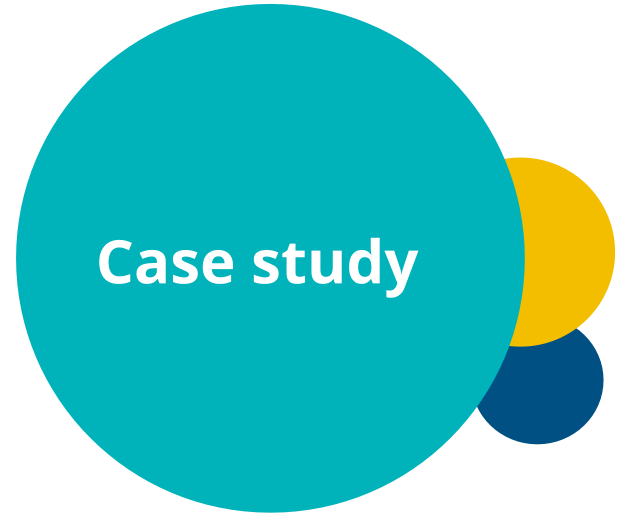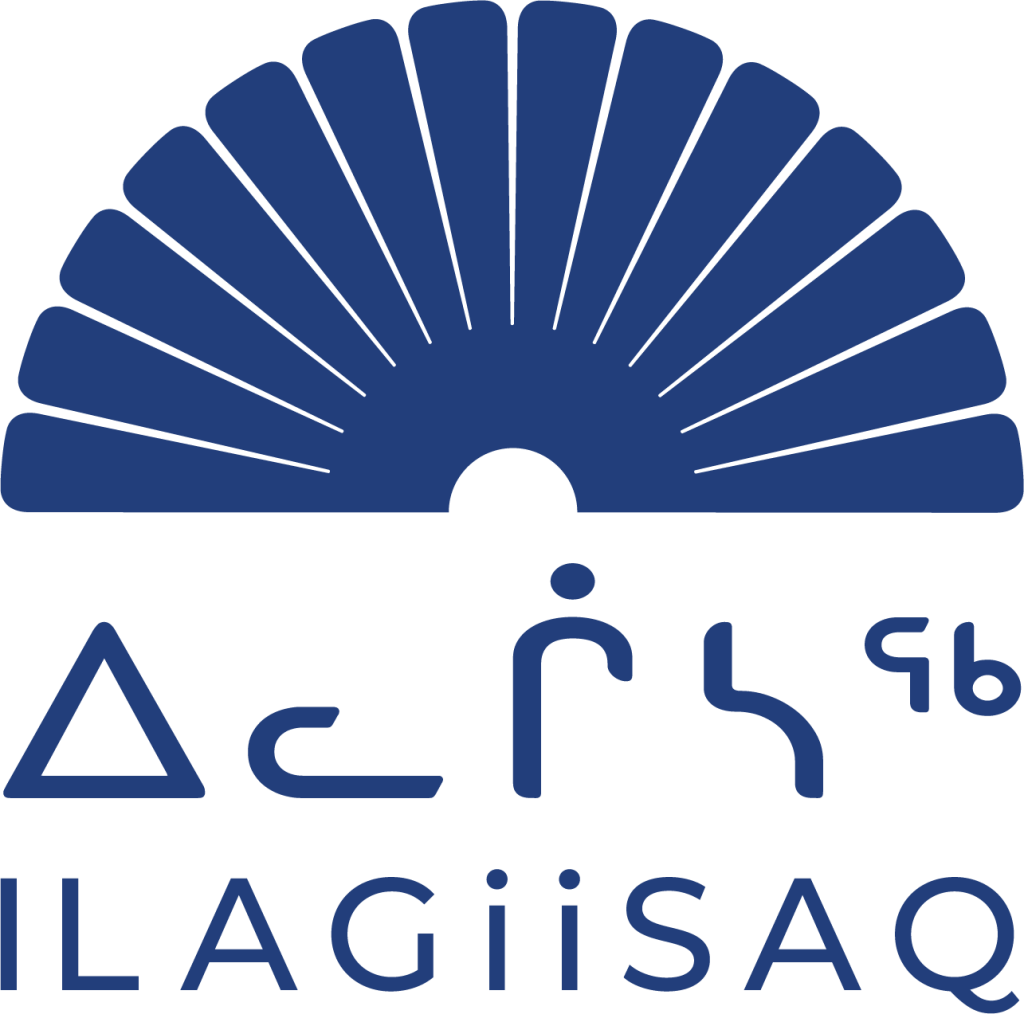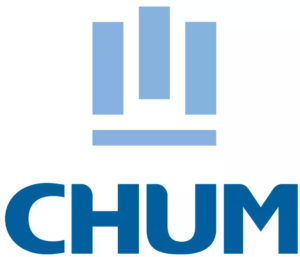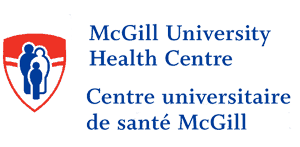Why was the orientation and probation management process implemented at the Montreal Heart Institute?
The Montreal Heart Institute had initiated a review of the probation, orientation, and evaluation process for Personal support workers (PSWs). They had noticed a lack of communication between preceptors about what had been covered during the orientation period. This issue could result in crucial information being missed, leading to probation being marked as successful, even though the PSWs showed significant gaps. The follow-up was recorded in a “paper” log, which was often forgotten, incomplete, or lost.
How was this solution implemented?
We identified the needs and daily challenges in the probation, orientation, and evaluation process for PSWs at the institution. Each step was detailed to optimise and improve it, from collecting field data to tracking actions, triggering alerts, and overseeing with indicators.
We worked with teams through workshops and blueapps (applications) construction sessions for the digital management of tasks. We tested the solution until it met the needs of preceptors and PSWs.
The creation of the application can be done independently without being an IT expert.
Our service includes training and support to ensure optimal use of our solution. The platform is adaptable and will continue to evolve to meet the needs of users and the ICM beyond the initial deployment..
What were the results following its implementation?
The results first benefited the employees on the ground. Paper documents were replaced by an app used on phones, tablets, or PCs. It allows users to consult work protocols and collect real-time field data recorded on the platform.
Thanks to the digital transformation, managers have been able to reduce internal information processing costs for all non-value-added tasks. They have made effective operational and strategic decisions using dynamic reports and dashboards. Additionally, our solution provides real-time data on the progress and acquisition of expected skills, allowing managers to offer personalised support to each individual. This has also resulted in an employee retention rate of over 80%, which is significant in a healthcare system with labour shortages.
Is the “orientation and probation pathway” offer adaptable to all institutions?
At BlueKanGo, we configure and adapt our software to each client because every client has unique specifications. We tailor our solution to replicate the daily workflow, from collecting field data, tracking actions, triggering alerts, to management by indicators. BlueKanGo serves over 2,500 healthcare facilities worldwide, including university hospitals, CIUSSS, and CISSS in Quebec.
Moreover, the software is multilingual and multi-site, making it adaptable to any type of structure. Its features enable the digitization of current processes while providing digital improvements: real-time alerts, insights, dynamic dashboards (Power BI), and secure data sharing.
Conclusion:
By leveraging the strengths of BlueKanGo, the MHI chose to digitize the probation, orientation, and evaluation process for PSWs in a first phase, which was already part of an improvement initiative by the MHI. The goal was also to acknowledge the essential role of PABs in the organisation and focus on attracting and retaining this category of workers.
Building on the success of the first phase in terms of digitization with PABs, the ICM has moved on to the second phase of the project. The team is currently digitizing the various probation paths for nurses (externs, technicians, clinicians, etc.).










